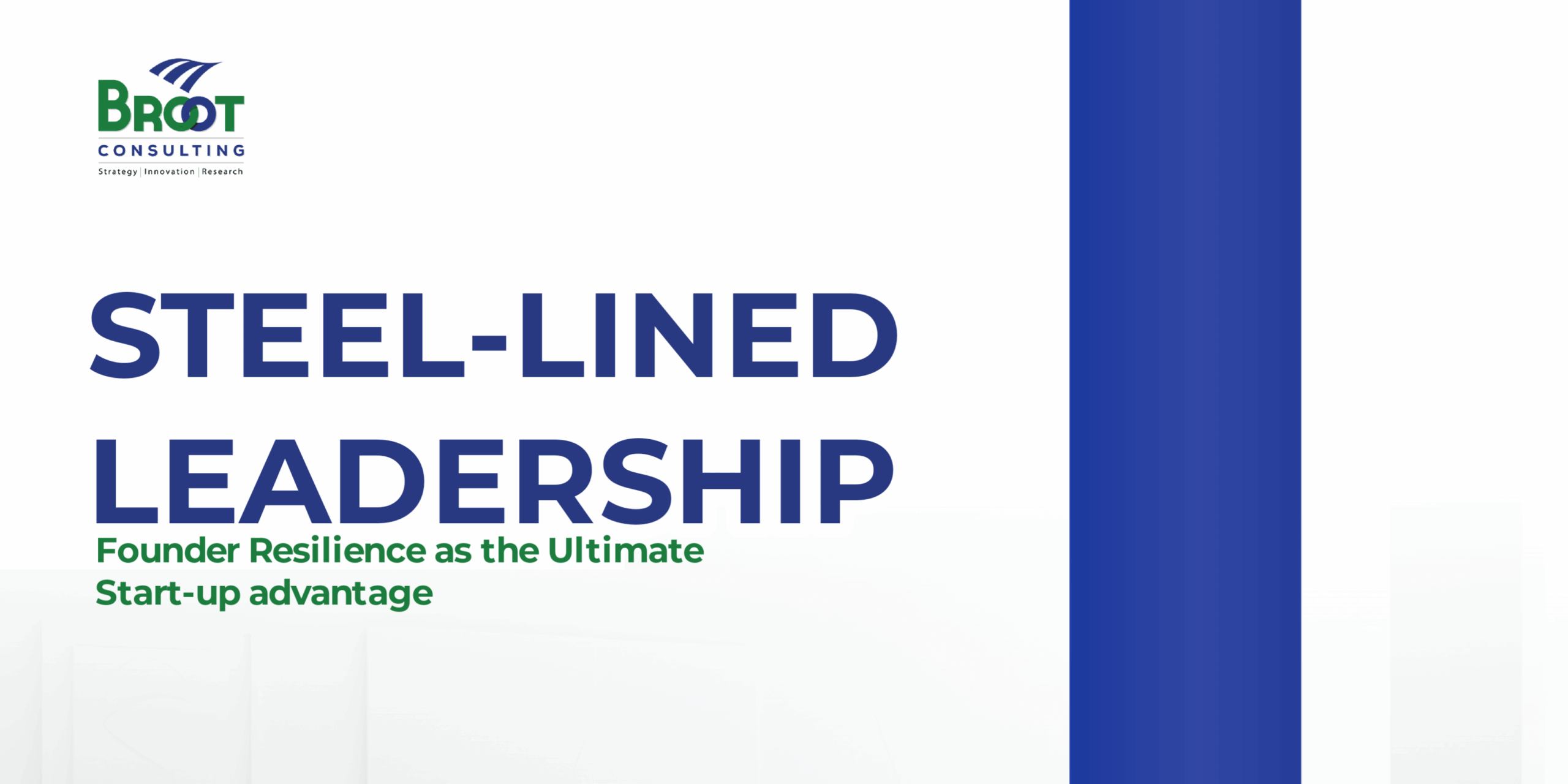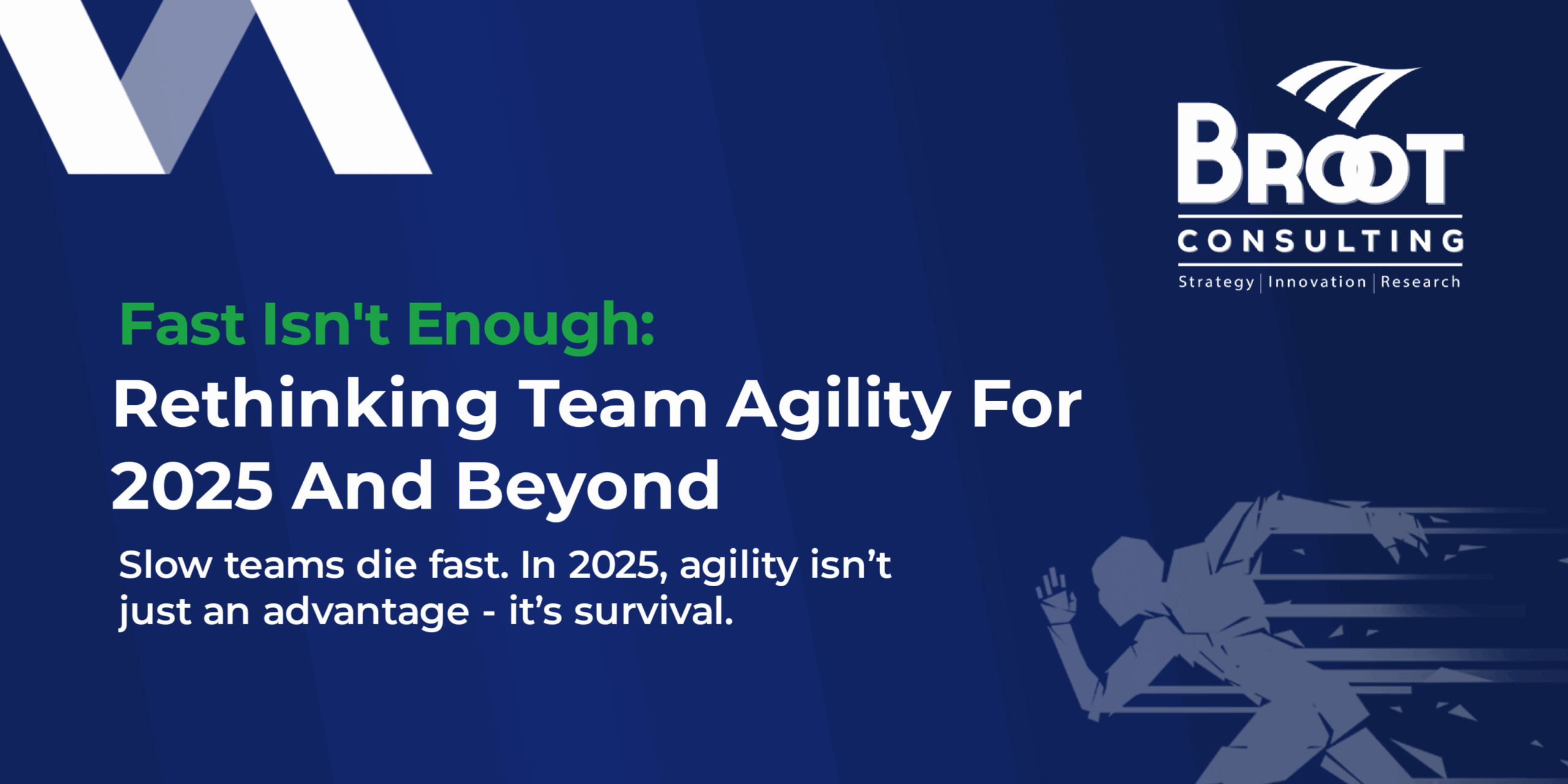To many business owners, most clients/customers are fantastic, however, what about those who are not so fantastic? At what point should an entrepreneur contemplate walking away from a client without looking back? Should a business owner even consider firing a client if things are not working as they should? There are various reasons why you may want to walk away from a client. In a recent LinkedIn Poll that I conducted, I asked if respondents would fire a client due to 1) lack of respect, 2) unnecessary negative energy, 3) delay in payment of fee, 4) poor culture. Interestingly only 15% will terminate their relationship with clients because of unexplained delays in payment of their fees, 32% will fire a client for unnecessary negative energy, followed by poor work culture, 29% and lack of respect, 24%.
This analysis shows that while money is important it is not the determining reason why entrepreneurs will fire the customers/client. Therefore, if money becomes the primary purpose of evaluating client’s relationship, then many relationships can be preserved. From the research above, value obviously trumps money.
The life of an entrepreneur is full of daily struggles, uncertainties, and the need to take some tough decisions. The decision on whether or not to fire a client is one of the toughest decisions that confronts entrepreneurs. The thought of firing a client means you have gotten to the end of the rope.
End of the rope because sustaining the relationship may be energy sapping, value eroding, and resource depleting. When a relationship becomes toxic you may need to decide between value and money. Just like in any relationship, there will always be ups and downs, low, and high moments, however when the relationship is no longer serving the purpose for which it was originally created, you may need to move on.
So how will you know if the relationship between you and your client has reached the end of the rope? The following are some of the ends of the rope reasons:
Violation of ethical standard: as a professional you are expected to be big on ethics, subtle attempt for ethical valuation from your clients is a possibility however you must hold your ground. If the demand to violate ethical standards becomes persistent, then it is time to severe the relationship. Why you may ask? Because violation of ethical values may be the beginning of a downfall. Remember Arthur Andersen and Enron scandal. Kenneth Lay and several leaderships of the defunct Enron ended in jail due to fraud and insider trading and Andersen filed for bankruptcy.
Disrespectful attitude: respect is a two-way thing, if your client does not respect your professional views, you may need to reconsider your relationship. As a professional, your opinion should count, it is what you sell and how you create value and when it is constantly treated with disdain, then what are you being paid for. Subjecting you to shabby treatment, is equally enough ground to bring the relationship to a close, because it will be difficult to make a meaningful impact with organization that doesn’t treat you.
Unprofitable relationship: Business works better when friends and family pay for the service. The caveat, when they pay profitably. Your business will only be sustainable when it is profitable, rather than getting fixated on growing the revenue, your focus should be growing the profit. When a client is not willing to adequately reward your effort your business may be in jeopardy.
Misalignment in organisational culture: misalignment in culture between you and your client can be a drawback. As an expert, you are expected to operate an excellent culture that that you client can imitate. If your client’s culture is such that will drag you back to inefficiencies and wastage, then it is time to call it quits.
Unhealthy demands: is your client in the habit of constantly making unhealthy demands such that if left unchecked you and your team may get to a breaking point? An unhealthy demand includes micromanagement, lack of trust and allowing you little autonomy.
One Sided communication: non responsiveness to your correspondence such a request for information is very frustrating, habitual non responsiveness to letters, emails, chat, calls will affect your ability to deliver as expected. If they don’t respond to you, then what value can you create for the organisation?
Not happy with the relationship. If you feel miserable and unhappy in the relationship, and seem to have lost your energy, there is no need to continue in that relationship. You should do a thorough analysis of the reason why you feel so unhappy and if the pains are more than the gains, it is time to let go.
Conclusion
It takes courage to walk away from a paying client, even if the payment is not regular, like earlier said, if money becomes your focus, you will hardly fire any client and the other side of this is that you will also not grow to your full potential. If you end a toxic relationship with a client, it may be difficult, but no matter the circumstances, if you are good at what you do, better clients will emerge, and they will respect your values, views, and visions.
Before you fire your client, ensure that you do not damage personal relationships that you might have built in the course of your relationship, therefore ensure you close the bridge gently. So, as you exit the contract with your client, remember not to “burn the bridges”, close the door gently as things may improve in the future and you may need the door again.

Olukunle A. Iyanda PhD, FCA, SNFLI.
Founder/CEO, BROOT Consulting Nigeria Limited.
Human-Centric Design Led Innovation Consultant.




